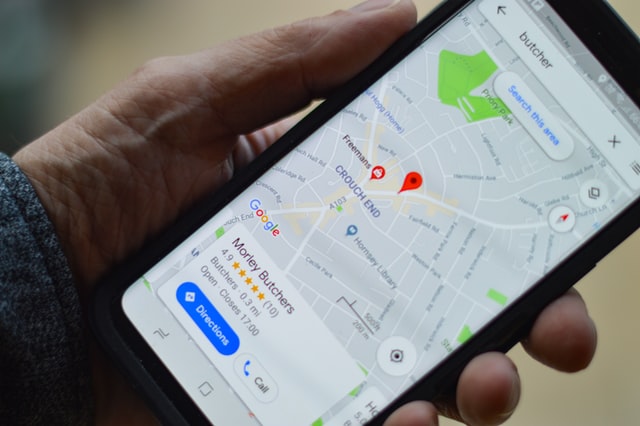GPS (global positioning system) has transformed our everyday lives beyond imagination. Nowadays, almost every mobile device or gadget comes with a built-in GPS chip. The GPS technology tracks devices such as cars, smartphones, drones and even smartwatches. To track them, the GPS chips send out signals via satellites. These satellite signals are then received by receivers at ground stations. As soon as they receive these signals, they calculate their exact location and transmit it back to the receiver in real-time. This helps us navigate roads, find directions, plan routes and much more. This article will explain the importance of GPS technology.
It can be used for the navigation of vehicles
The Global Positioning System (GPS) is a network of 24 satellites orbiting the Earth that constantly broadcast radio waves over an area covering about 200 million square miles (500 million sq km). Each satellite transmits this signal from a precisely known position within its orbit. We use GPS to determine our precise latitude, longitude and altitude when travelling. A GPS receiver works like a compass; it measures the difference between the incoming signal and the one coming in through a fixed reference point called ‘Zero’. From this measurement, we know exactly where we are.
GPS also enables direction finding by using two ways:
Differential GPS uses information from several ground stations to provide data corrections to overcome errors caused by weather and atmospheric conditions. This is essential if you want your car to drive straight.

It provides automatic tracking
In some cars, the GPS service automatically updates itself so that you do not have to reenter any coordinates manually. This happens because the vehicle has been previously calibrated without driver input.
It enables us to locate people and assets
If you lose someone or something valuable, using GPS allows you to locate them. Also, if you need to contact an emergency services team, you can easily inform them of the person’s location. One important aspect of using GPS is security. If we have an electronic control box with access codes, then hackers could gain control over those systems. To protect against this type of attack, most automobiles come equipped with GPS sensors linked to the ignition. You cannot start the engine unless you enter the correct code.
It can help us monitor wildlife behaviour
Researchers are using GPS to observe wild animals’ movement patterns. By keeping track of the movements of endangered species, we can understand better what their habitat needs are. For example, tracking elephants gives us insights into natural barriers, water sources etc.
It can be used as a tool for climate monitoring
Scientists use GPS to measure wind speed and pressure around the world. They can even measure air pollution levels using this technique.

In a nutshell, GPS is now an integral part of modern transportation, communication and entertainment. The above article has proven that GPS technology has a crucial role in many people’s lives.
